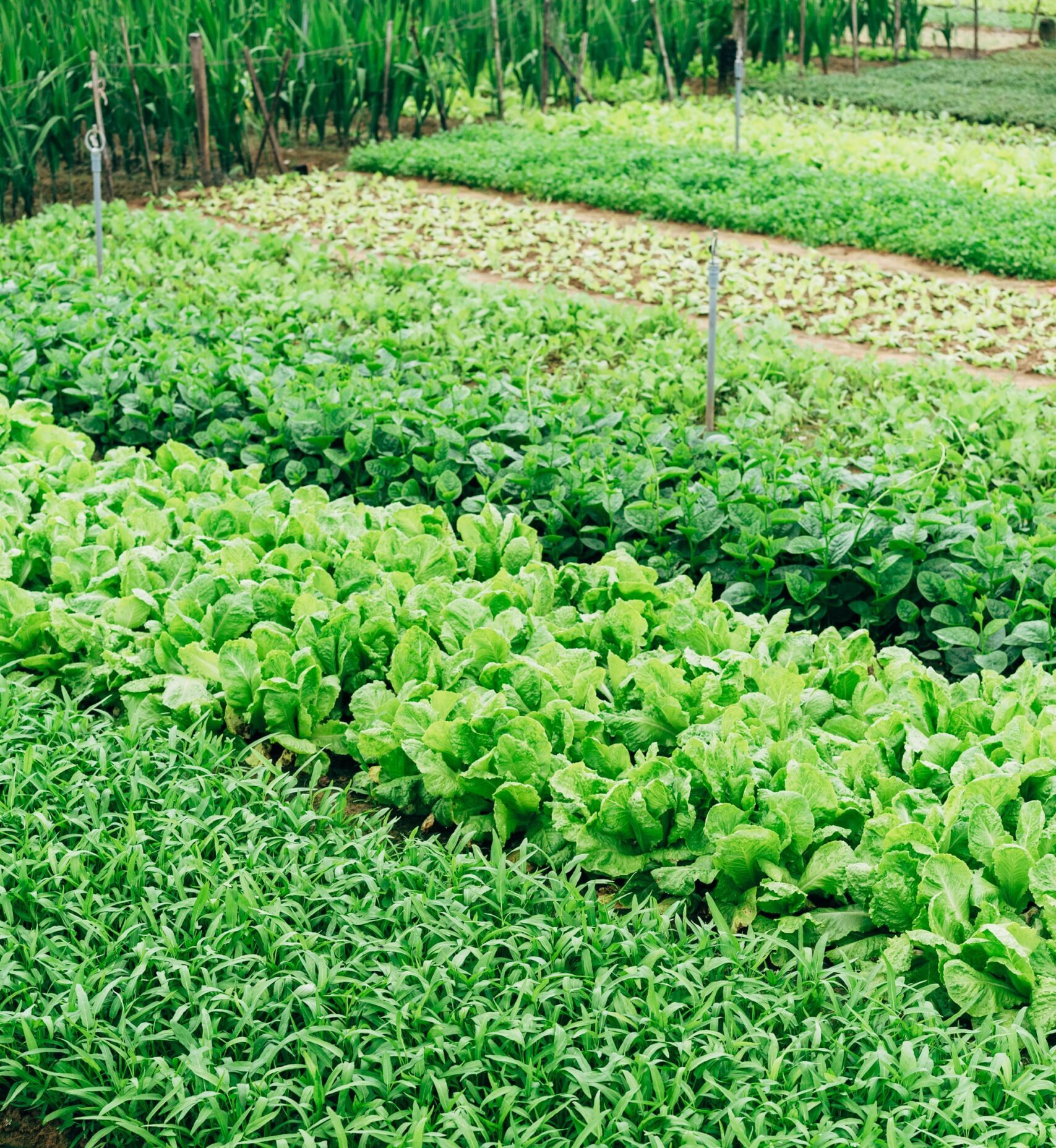 Airplanes are a huge source of pollution, and scientists have long battled with the problem of finding a cleaner alternative to jet fuel. Though biofuels seem like an obvious solution on paper, most have their issues. It would take a huge amount of land, water and fertilizer to grow enough crops to power the world’s planes. This land is much needed to feed our growing population. In some areas, growing crops for biofuels has already led to food shortages. This clearly isn’t a sustainable solution.
Airplanes are a huge source of pollution, and scientists have long battled with the problem of finding a cleaner alternative to jet fuel. Though biofuels seem like an obvious solution on paper, most have their issues. It would take a huge amount of land, water and fertilizer to grow enough crops to power the world’s planes. This land is much needed to feed our growing population. In some areas, growing crops for biofuels has already led to food shortages. This clearly isn’t a sustainable solution.
Electric planes have been trialed, and small models have been successfully built. But they’re currently much slower than conventional planes, and battery size limitations mean big passenger jets won’t be able to run on electricity for the foreseeable future—the number of batteries needed would make the planes too heavy. As the technology improves, this could change—but since people probably aren’t going to stop flying anytime soon, what can we do in the meantime?
A group of Chinese scientists think they may have found a solution—plant waste.
Renewable jet fuel from plants
Though biofuels usually take a lot of resources to produce, waste products don’t have this problem. The new technology involves making fuel out of cellulose, which is what plant cell walls are made of. A lot of waste cellulose is produced by the timber industry and agriculture; the researchers used cellulose from wheatgrass. Scientists have previously tried to make jet fuel from cellulose, but they used less advanced technology which wasn’t as effective.

Since it’s a type of biofuel, the new fuel burns cleaner than jet fuel, releasing less carbon dioxide. But it has another special feature too—it’s about 10% denser than ordinary fuel, which means airplanes will be able to fly further on a tank and carry more weight. In particular, it will reduce emissions at takeoff and touchdown. So the fuel is not just equal to, but more efficient than jet fuel.
It’s also very flexible—it will be possible either to use it on its own or mix it with ordinary jet fuel to improve efficiency. And it won’t just be suitable for airplanes—it could be used to lower the CO2 emissions of rockets too.
The future of fuel
Many new technologies take a long time to make it from the lab to the real world. But scientists are optimistic that the new fuel could be in use soon. Its use of waste materials makes it very cheap to produce, which could lead to higher profits for airlines. Making the fuel is also relatively simple, taking fewer steps than normal jet fuel. And there’s plenty of waste cellulose available, which should keep prices down.
Right now, there are still some barriers to the use of the technology. To make the fuel, cellulose has to be processed into quite complex compounds—and though the process isn’t too difficult, it currently relies on a chemical called dichloromethane. This is best known as an ingredient in paint remover. Though it does work well, there are some problems with dichloromethane—it’s bad for both human health and the environment. In a technology that’s supposed to help the planet, this is a pretty serious drawback.
Luckily, there are likely to be better alternatives. The scientists behind the project plan to search for a more natural alternative which is better for the environment, fully renewable, and not a health hazard.
The perfect solution?
So will this new technology solve the problem of pollution from airplanes once and for all? Well, not quite. Biofuels don’t produce as many emissions as conventional fuels—but that’s not the same as no emissions, which is what we’re ideally aiming for.
In the long run, electric planes powered by renewable energy are likely to be the cleanest option. This may not be as far off as we think—in 2016, a small solar-powered plane made its way around the whole world!

But in the meantime, biofuels made from waste materials are probably our best option—that, and trying not to fly more often than we need to. At any rate, it’s pretty cool to think that we could soon be jetting off in eco-friendly airplanes powered by plants.
Also by Bethany: How The World’s First Women-Only Anti-Poaching Unit Is Saving Wildlife
“World’s Greenest Restaurant” Has Been Named—In A Zero-Waste, Vegan School In CA
Get more like this—Sign up for our daily inspirational newsletter for exclusive content!
__
Photo: Solar Impulse




